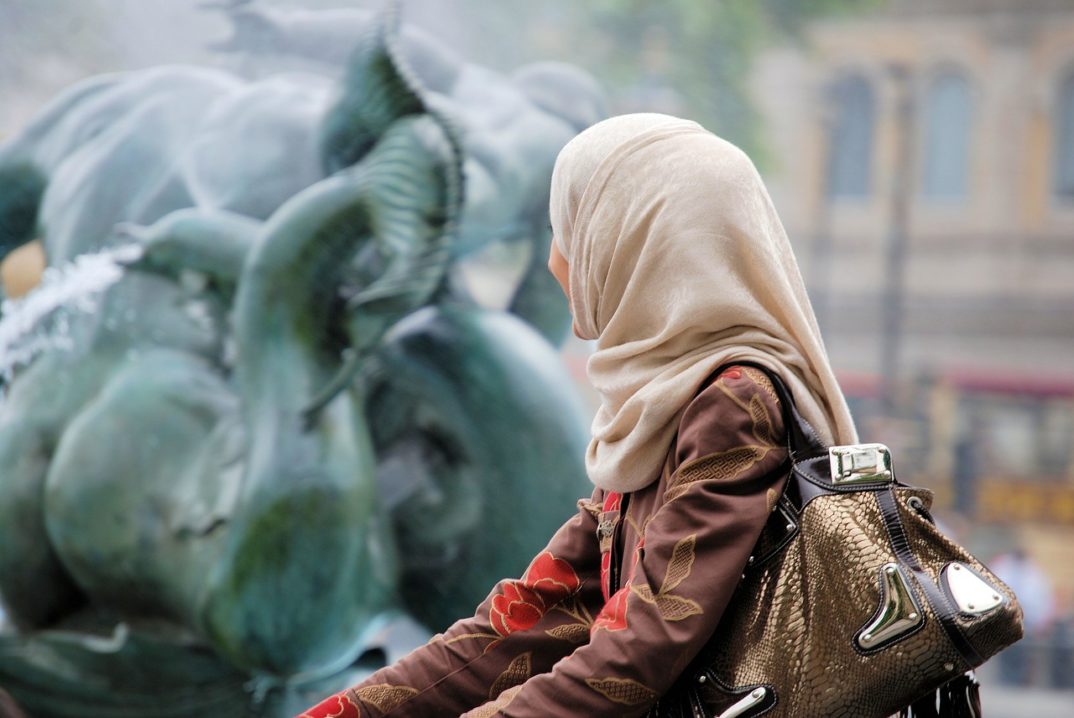The Chinese government announced in October that they are setting up a “social credit” system, designed to determine trustworthiness. Every citizen will be put into a database which uses fiscal and government information – including online purchases – to determine their trustworthiness ranking. Information in the ranking includes everything from traffic tickets to academic degrees to if women have taken birth control. Citizens currently treat it like a game, comparing their scores to others in attempts to get the highest score out of their social circle. Critics call the move “dystopian,” but this is only the latest algorithm designed to judge people without face to face interaction.
The Fashion Industry’s New Target Market
Italian fashion company Dolce & Gabbana recently released a new line of clothing containing hijabs and abayas. People around the world who follow the fashion industry were excited about the new line, which appears to be championing inclusiveness. Muslim women have been buying high-end fashion for years – most of which either stays in closets, or is only worn under abayas – and the brand’s new line appears to be in response to the general lack of fashionable options for Muslim women that can be worn out. Other brands, such as DKNY and Tommy Hilfiger, have also expanded their collections to include pieces that appeal to the female Muslim market. The Muslim market is lucrative, as many women from oil-rich countries shop for expensive, high-end clothing, primarily shoes and handbags. This line is supposed to give more options for expression beyond shoes and bags. Forbes said that Dolce & Gabbana’s move was their “smartest move in years” from a business perspective. Numerous lines have come to set up stores in Dubai, which even hosted its first fashion week this year. Since the sociopolitical culture is currently dangerous for women, Dolce & Gabbana’s new release was considered a move toward demonstrating the potential for harmony between Muslim and Western societies.


